The Very First Thing Parents Must Do Before Correcting Behavior (To Get Kids to Listen)
Inside: Correcting behavior teaches kids many life skills. Besides making life easier for us, the parents, the real reason we do it is to teach kids how they should live in this world. Learn how to CONNECT before you CORRECT!
I have three boys. Read: three energetic, don’t think before they act, fun-loving, intense boys ranging from 10 years old to three!
Our life is loud, chaotic and a little cray cray.
It’s not abnormal for balls to be bouncing, nerf bullets and paper airplanes to be flying and RC cars to be driven down the hallways of our house. The way our boys are learning about how to live in this world is through playing, fighting with each other and testing boundaries.
If I went into every situation correcting every little misbehavior and telling them or yelling (which is very unproductive) orders, first of all, I would be exhausted. And second of all, I wouldn’t get very far as this approach is proven to be ineffective with kids unless you do something before the correction.
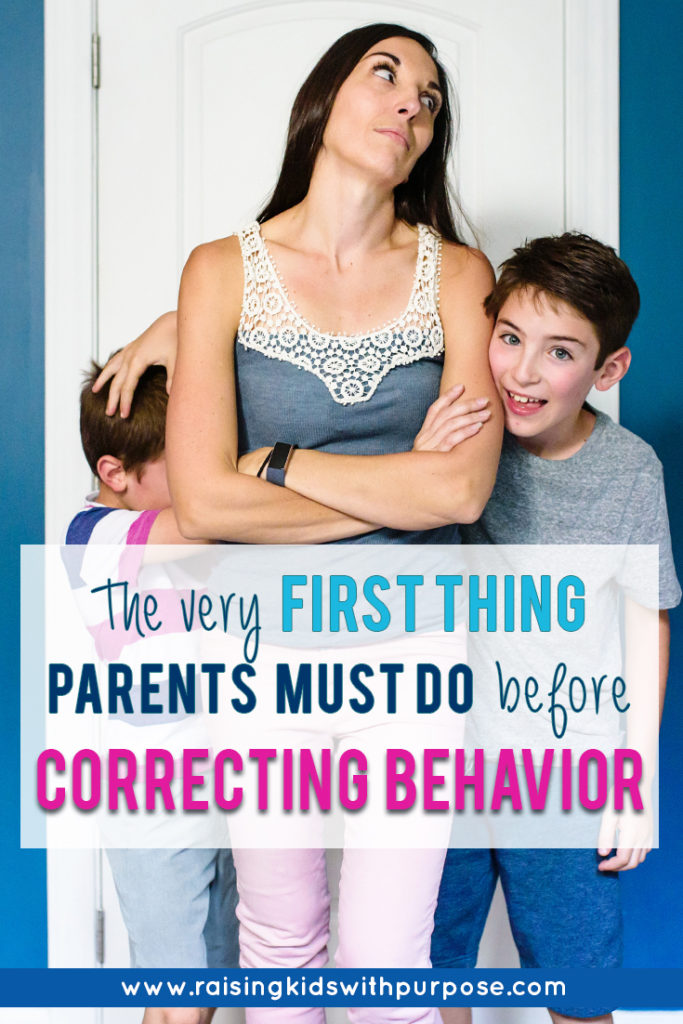
Table of Contents
The Secret To Getting Kids to Listen
An analogy I heard before compared parenting to fighting fires. Firefighters don’t run into a burning building, but instead, they walk while remaining calm.
When you see your child doing something wrong or unwanted according to your rules and values, the go-to is to “run sprint into the burning flames” and correct that behavior, right? But often, as soon as you jump to correcting, your child may appear that he or she isn’t listening. The shut-off button has been pressed.
There’s actually a reason for this. It’s not because your child is disrespecting you or not wanting to make the right choice. Yet, many parents see it this way. The reason is that instead of viewing the misbehavior as something he or she did wrong that must be fixed, developmentally, your ethnocentric child becomes defensive and goes into protection mode.
So what is the secret to preventing the shut-off button from being activated?
The answer is: connection.
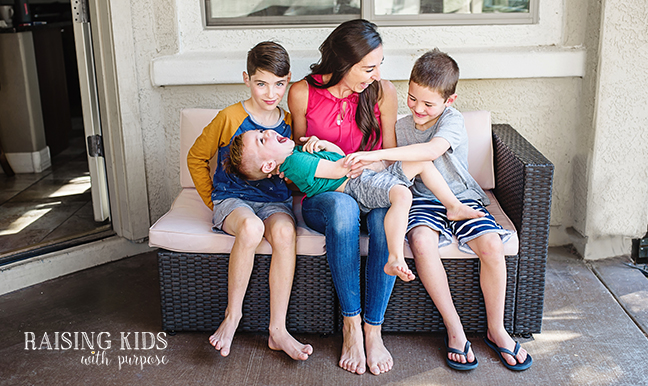
Connecting Before Correcting Behavior
I first learned about connecting before correcting when reading No-Drama Discipline by Dr. Daniel Siegel and Dr. Tina Payne Bryson.
I’m not going to lie, at first, it didn’t seem natural to stop what I was doing, connect with my child AND THEN correct what he was doing. And it was also unnatural for my husband who thought that there should be a consequence for every wrong move.
As we took this approach though we found that we didn’t have to correct as often because our kids began to self-correct and self-regulate! Hallelujah, Praise the Lord!
Also, it was extremely rewarding to experience a really close relationship forming with each of our boys.
This whole connecting with your child thing does take a little more effort. At least until you retrain your brain to resort to connection before correction. And while your kids get used to not just being told what to do right away. The good news is the more you approach behavior this way, the faster it will become!
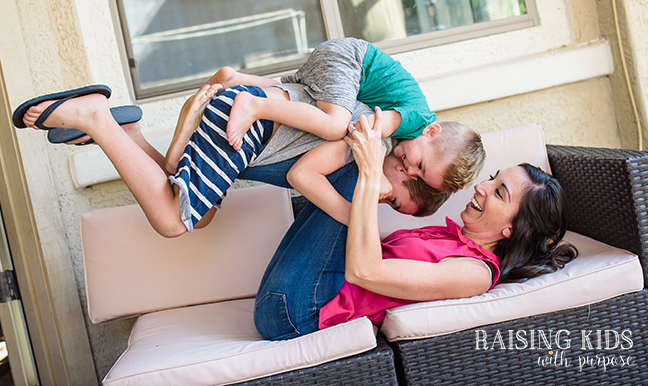
Why Should We Connect Before We Correct Our Children?
Brain science (and honestly, the Bible sure has signs of this all throughout scripture) tells us that people are wired for connection and love.
Connection is human nature.
Research has proven that children learn best (mature, grow, thrive, and can become resilient) when they have a sense of belonging and significance.
I don’t know about you, but I have this innate need to be included, too. So imagine how much bigger that need is in a developing child.
There are three benefits to connecting before correcting behavior:
- Short-Term Benefit: In the moment, kids can move from a defensive, reactive state to a receptive one! They must be willing to listen in order to listen.
- Long Term Benefit: Connection wires those neural pathways and builds a stronger, better brain.
- Relational Benefit: It creates a strong parent-child bond that is hard to break.
“Kids must be willing to listen in order to listen.”
Lastly, when you yell, nag, shame or constantly correct, this causes a child to go straight into his or her stress response of fight, flight, freeze or faint. It’s impossible for kids to make good choices when they are in this reactive mode.
How Does Connection Happen?
We know that connecting before correcting behavior has many benefits and will help your child feel secure and safe with you.
But what does connecting even mean?
Connection is when a person is linked to or associated with another person. If you read between the lines of this simplified definition, you will see, safety. In order to reach this level, three things need to happen:
1. Let the Past Go
First, we may have been raised in an environment that was the complete opposite of this connection model. And that’s okay! However, it does impact the way we parent whether we like it or not.
Not only does it impact our behaviors based on what we saw growing up, but it also wired our brains.
Have you ever freaked out on your kids and then thought, “Holy Wow! Where the heck did that come from??!” Ya, I definitely have and as I scan my childhood through reflection, I realize that there were experiences from my childhood that caused me to flip a switch to crazy mom. But because I know this, it can’t be used as an excuse because of something called neuroplasticity. This means the brain can CHANGE until the day we die! Say What?!
In order to make a change in the way you view your role as a parent and how you should correct your child’s behavior, you must make sense of your past and heal those memories. Or be intentional in forgetting them so you can connect in the way you want to with your child.
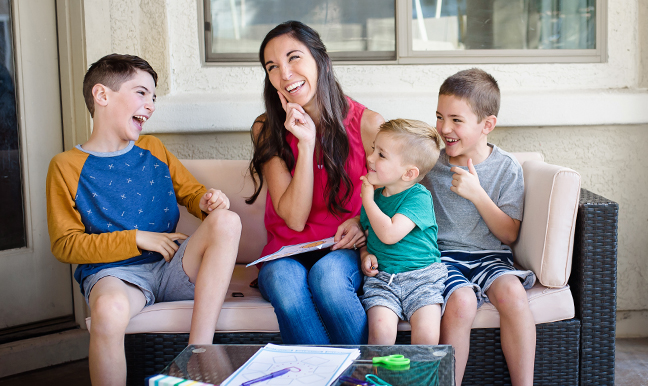
2. Be a Detective
Instead of jumping to conclusions about your child’s (what may seem to you as bizarre) actions, pause for a moment to figure out the “Why”.
Think about the reason behind the behavior.
A lot of times, my kids are unable to listen or make good choices because their brain chemicals are out of wack. I read in The Self-Driven Child that 90% of our children’s behaviors are chemical! Ever since reading that, I am able to acknowledge when my son’s dopamine is super low (or high) or the cortisol is pumping creating a lot of anger.
Other reasons for your child’s unwanted or misbehavior can also be because he or she is tired, hungry, bored or experiencing emotions he or she doesn’t know what to do with.
Put your detective hat on and focus on why your child is not listening. Don’t stop there either. Have a conversation about why you think these behaviors are happening and what your child can do instead.
Just as I was writing this, one of my sons told me that he feels like he hears noise when I speak but for some reason, he doesn’t always make sense of the meaning behind what I’m saying. He has always been extremely self-aware so he continued by saying that he’s pretty sure it’s his ADHD. We were then able to discuss what I could do so he could hear me better and what changes he could make to ensure the information was processed.

3. Watch Your Tone!
This part deserves an exclamation point because it’s so easy to overlook. When speaking to your child or correcting behavior, don’t only pay attention to your words but HOW you are saying them and what you look like when you are talking.
Side Note: Have you ever done the mirror trick? Next time you are angry or frustrated, run to a mirror to see what you look like. That may be the ticket you need to change your demeanor or simply laugh at yourself. It works for me!
Kids pick up on the nonverbal cues much more than the words that are spoken to them. My husband always says he can’t be this little happy fairy with a sweet voice when things need to get done. However, he’s learning that his tone of voice really affects whether or not our boys listen to him and correct their behavior. It’s like that infamous meme of a mom’s voice turning into Batman’s voice. Ya, let’s try not to get to that point because it doesn’t usually help our cause.
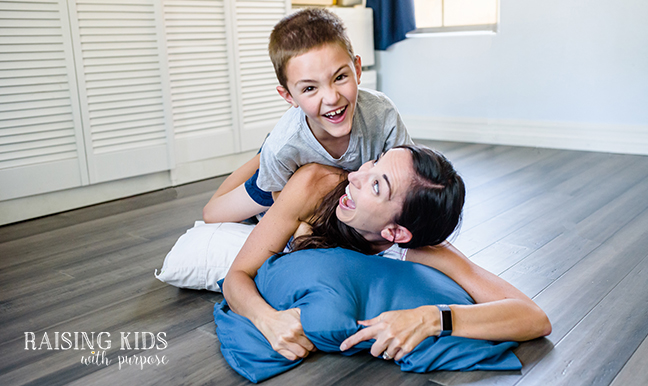
4. Proactively Connect
It sounds so simple and yet can feel so hard.
Once you get in the habit of jumping to connecting first to respond instead of react, I promise, it will become second nature.
There are many ways you can connect with a child before, during, and after a storm that I will discuss in a separate post.
In general, though, a great way to check in with your kids on a consistent basis to build a strong foundation of connection is to have Family Meetings. I can not express how much these have helped our family in so many ways.
Discussing rules, values and our calendar every week has decreased misbehaviors, increased a positive family culture, allowed our kids to feel like they matter and more importantly connected with us in a way that will be pretty stinking hard to break. I dare you (I’m totally kidding because I completely cower in the face of conflict).
If you want to start Family Meetings and don’t know where to start, you can download my free Family Meeting Agenda here! or by filling out the form below.
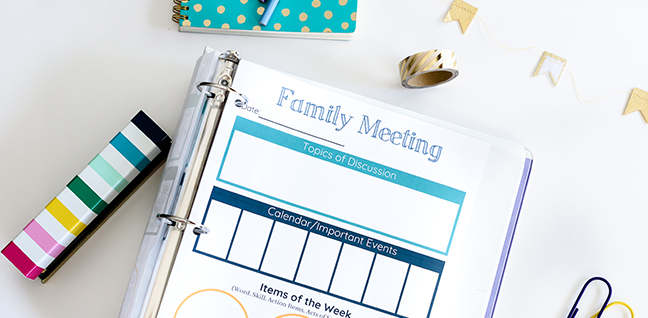
What Are the Ways You Connect?
I would love to see how you connect with your kids. Tag me on social media or send me a private message. If you found this article helpful in correcting behavior, please feel free to share by using the share buttons below.


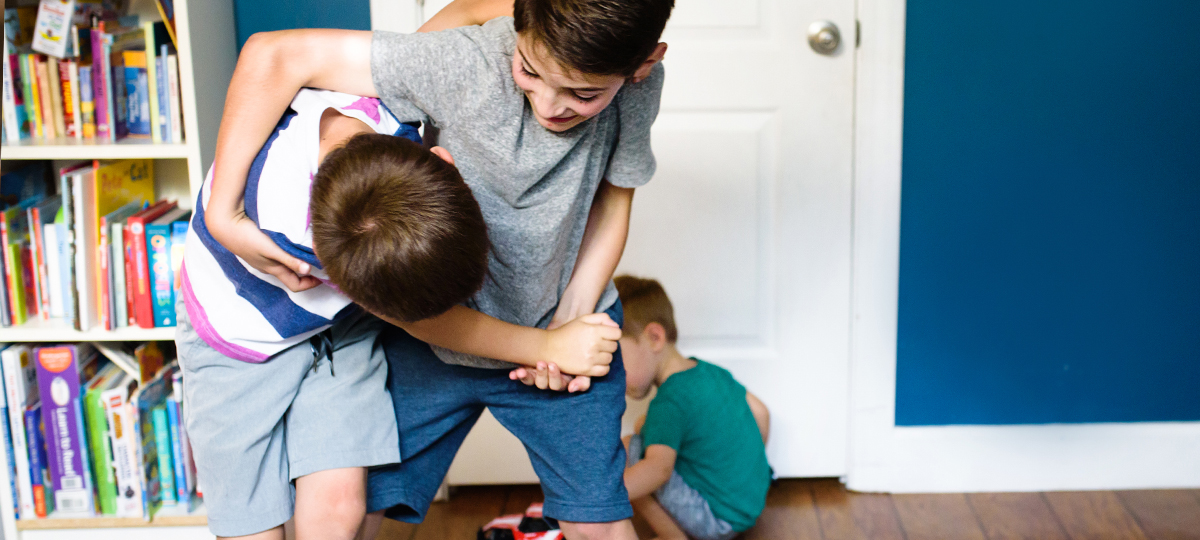
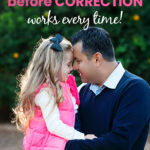
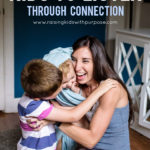
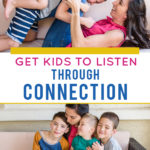
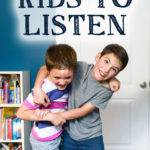
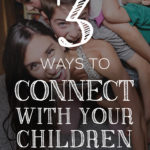
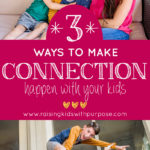
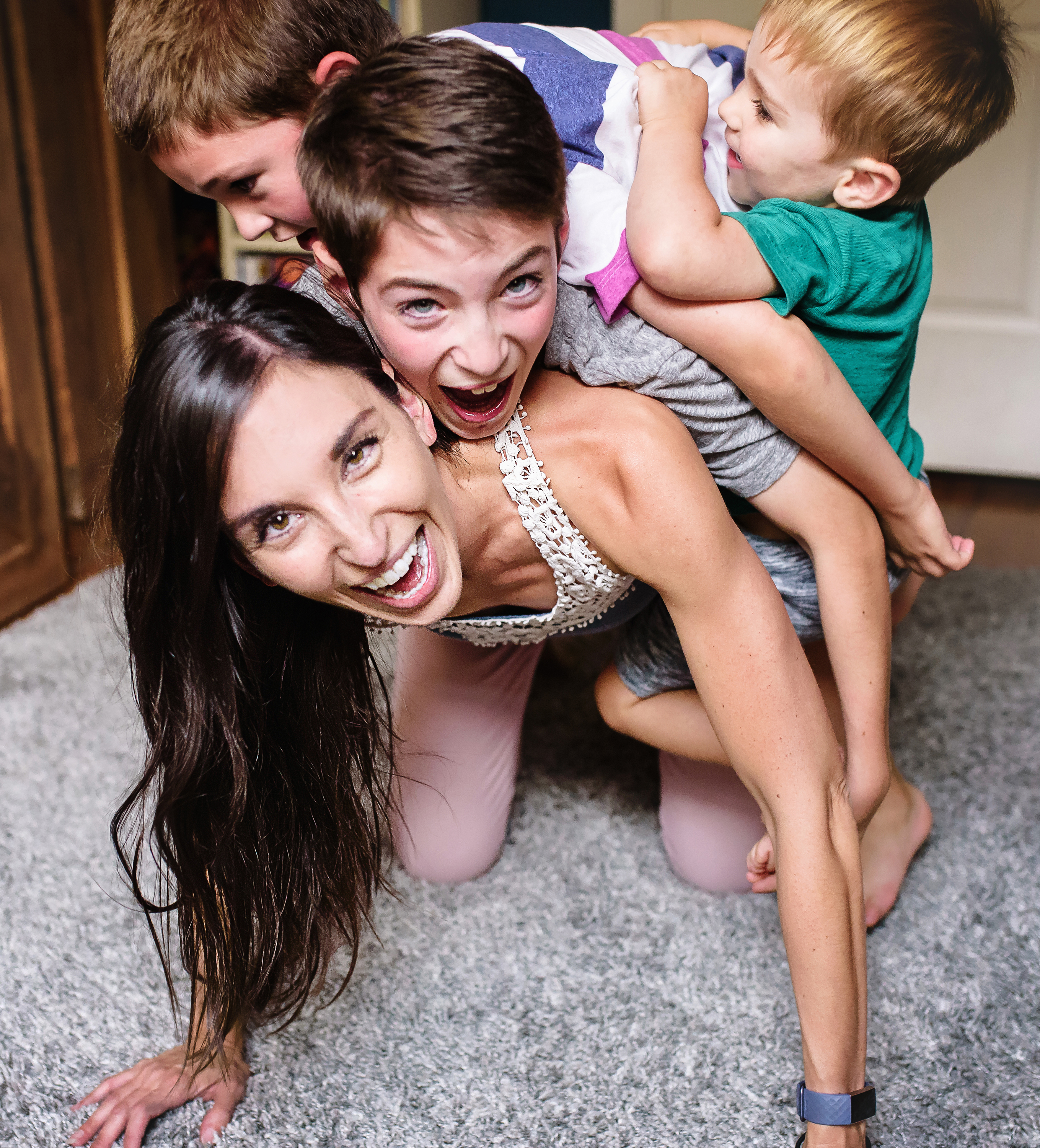

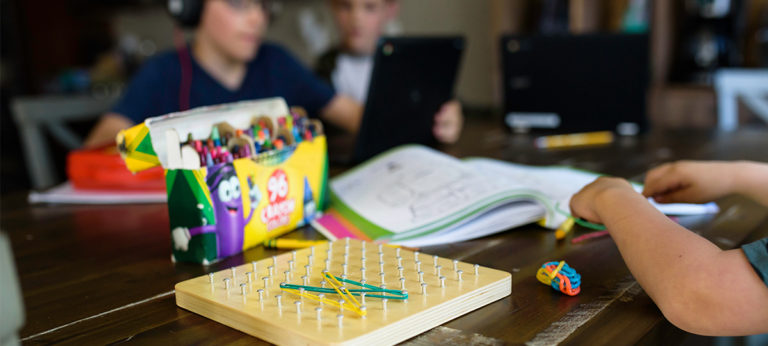

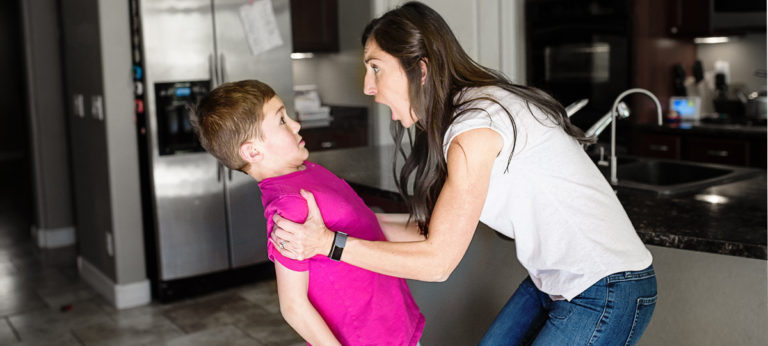
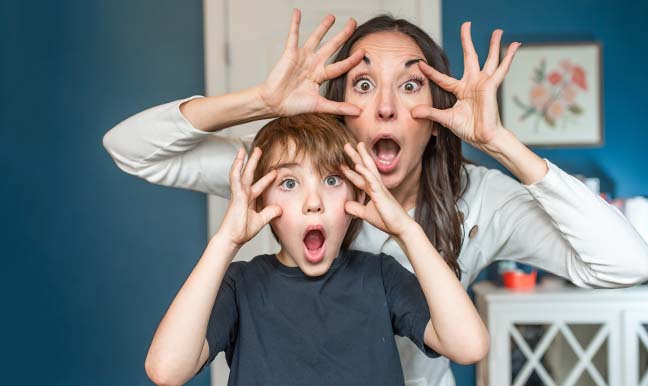
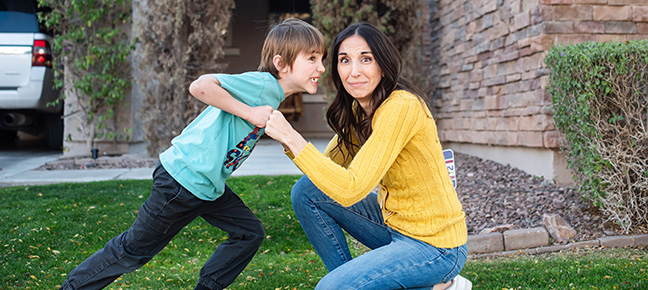
Great advice, I think it is important to get to the bottom of Why? There is almost always a reason and talking through it with them helps everyone understand! Then find a solution together!
Yes! What we may think is going on may not be it at all!
I totally agree with you. It is very important that we stay calm and we start to connect first before correcting our children. I usually give them a chance to talk or explain themselves before I start with the “talk”
Thank you for sharing these tips. It is really very helpful.
Yes! Sometimes they can’t explain themselves because they’re in that reactive state. This will help get them there for sure! Thank you so much for your feedback!
Hi Adriane,
I love this! Great advice, especially when you are dealing with toddlers during their ‘testing boundaries’ stage. I use most of these tips when my son acts out and it definitely helps. When he hits I first try to find out what is making him do that, and lately I’ve been noticing he does it when he is over excited or mad about something. Mostly it’s just when he has big emotions and doesn’t know how to express himself. Now I tell him when he gets super excited to give high fives and when he is mad to take some deep breaths. Sometimes he still ends up hitting but a lot of times I see him actively stop mid hit and rethink. It’s amazing! Thanks for the post!
Heather
Oh my goodness, I love this so much! My toddler is starting to hit a little too but only his one brother (who is physical with him). That’s so sweet you are rewarding his positive behavior with high fives. I love it!
I love No Drama Discipline! It was recommended to me by my therapist. I also recommend Whole Brain Child written by the same author, so good!
Right? Both are such good books!
This is such great information for new parents or parents entering into this period of their child’s life! My son is four months old so I haven’t dealt with this yet but I have seen my niece grow into being a toddler so I have a little experience. Her mother does a fantastic job at doing just as your post says! However, her grandma is reactive when she does “something wrong”. It isn’t teaching them anything when you yell at them. Being able to sit, connect, and teach your child about why we don’t do certain things is so important!
You are set up then! Having this knowledge will for sure make your life easier when you precious four month old grows up to be a big kid. I love how you observe what works and doesn’t work for your niece! It’s hard breaking the generational cycle of correction first!
I’m going to have to remember this next time. It’s hard to remember to stop and connect in the heat of the moment.
It is but with practice, you can do it!
Great information. I have 4 kids and I can use all the help I can get! LOL I look forward to reading how to connect before, during and after the storm!
Yes! It makes a huge difference. Especially with the more kids you have.
Great tips. Definitely a good way to correct behavior. But you’re right that it’s hard because a lot of us were not raised that way and so it’s difficult to snap out of it but not impossible.
It is! Our brains may not have been wired to connect first. Thank you!
Really great post. I’m a Speech and Language Therapist and blog about using intentional language with kids and I love how purposeful your tips are. Thank you!
Thank you so much for that very sweet and kind compliment! Intentional language – I like that phrasing!
Love your tips. It is completely relatable. I like how you point out connecting with your first before correcting the behaviour. It’s really important to reason why they are acting like this and then try to correct them.
It really does work!!!
You explained this so well! It’s awesome finding ways to help lessen the acting out too. Great strategies here for connecting!
-Jennifer
Yes, kids just want to feel like they are seen, safe and loved! Thank you!!